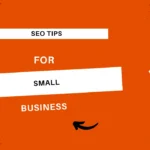- October 15, 2025
- by seonextlevel
- Digital information
- 0 Comments
What is Marketing-Information Management? What exactly is it that marketing and business owners should know in today’s data-driven world? Not only do digital marketing strategies change, but how we gather, store and use this information has also changed. Just as Seo Services helps businesses optimize their site optimization, marketing-information management is all about organizing and analyzing data to make better decisions about marketing, customer engagement, and profitability.
Understanding What Marketing-Information Management Means
What is marketing-information management? At a basic level, it can be described as the systematic organization of gathering, storing, analyzing, and disseminating marketing data in order to enable businesses to make informed decisions. It is to ensure that businesses have complete and current information to effectively plan and execute marketing campaigns to increase their competitive advantage.
Marketing-information management (MIM) is the core of your marketing strategy. This is a collection of all your relevant data sources from your customers’ feedback, your competitors’ insights, market trends, and digital analytics together in one place. Similar to a seo audit and how it looks at your website ’s health, marketing-information management looks at your “health” of your marketing data so that your business decisions are based on factual and timely information.
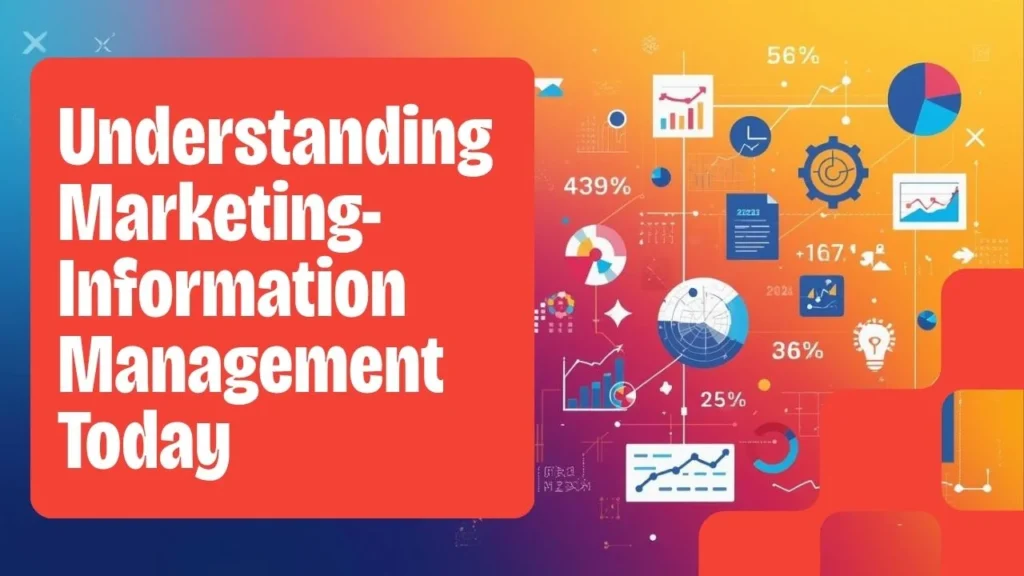
The Core Purpose of Marketing-Information Management
Marketing-information management (MIM) is a process that transforms raw data into actionable information. Businesses are bombarded with data in today’s digital environment and without the proper solution, the data is often untapped. MIM ensures your marketing data—whether it’s from social media, surveys, or CRM tools is stored securely and accessible when you need it.
The process also allows marketing teams to identify customer needs and preferences, measure the performance of marketing campaigns, predict future market trends, and improve overall satisfaction with customers. For example, a local seo company may use marketing-information management to track which keywords drive the most traffic in particular regions so that it can tweak its local campaign to best serve the local market and be competitive with competitors.
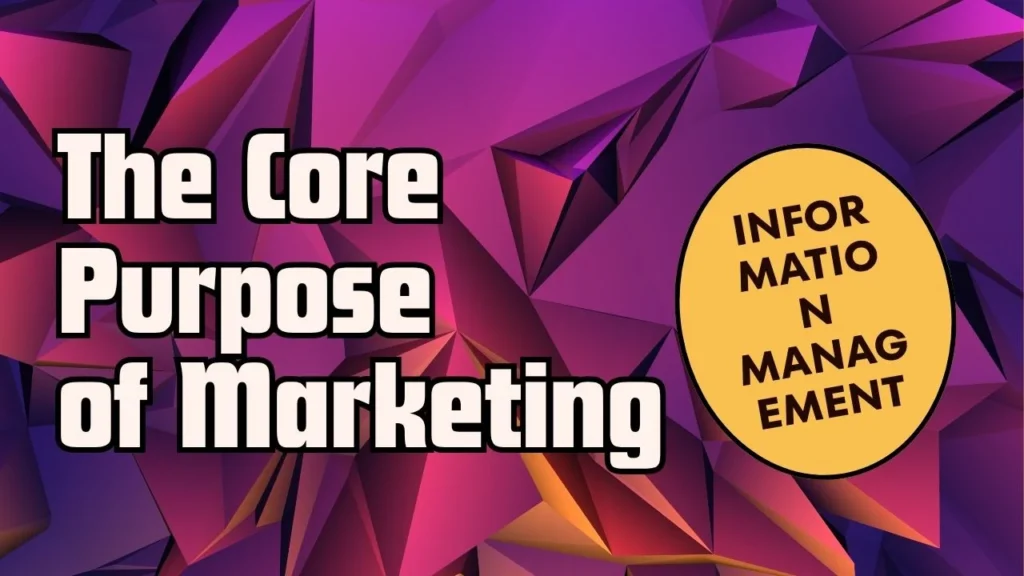
How Marketing-Information Management Works
Know what is marketing-information management? to know how marketing-information management can be employed in real life business situations where there are generally four big step processes:
1. Data Collection
Businesses collect data from different sources like: sites, surveys, social media accounts and sales reports. Just as on page SEO relies on accurate keyword data for collection, marketing-information management also relies on reliable sources for data collection.
2. Data Storage
Once collected, the data is securely stored in databases or marketing information systems (MIS). Cloud based storage makes it easier for teams to access and share data whenever, anywhere.
3. Data Analysis
Data analysis is the process by which people gain insights. Using analytic tools, marketers can identify patterns, correlations and emerging trends. This step is very similar to ‘technical seo‘ where an in-depth analysis of the website helps us to improve our performance or structure, but MIM analysis helps to improve marketing effectiveness and strategy alignment.
4. Data Distribution
Finally the intelligence is disseminated to the appropriate decision-makers. From the marketing director to sales manager to the SEO specialist, everyone really is glad that they’ve received adequate information to help them make good decisions.
Why Marketing-Information Management Matters in 2025
In 2025, data is the currency and businesses that manage their information effectively will dominate their industry. What is marketing-information management? It’s the difference between guesswork and strategy. If they don’t, their efforts will be wasted on campaigns that aren’t as effective.
Here’s one example: A company running an off page SEO campaign might track backlinks, social signals, and referral traffic. When they properly manage the marketing – information they can discover which sources yield the most conversions, thus learning to fine tune link building for optimal return.
Moreover, with heightened global privacy regulations, MIM solutions ensure that your brand is in line with data protection regulations, providing confidence and transparency among your customers.
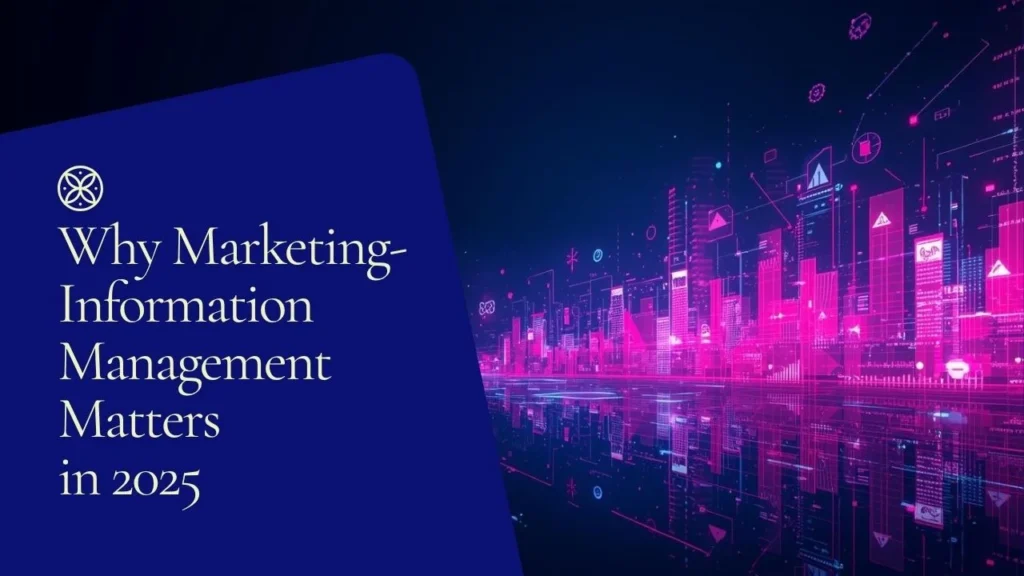
Key Components of Marketing-Information Management
If we really want to know what ‘s marketing-information management is, we have to look at the fundamentals of what it does.
1. Internal Data
Often internal information such as sales records, financial statements, and customer databases can provide insight into the current state of the business.
2. Marketing Intelligence
Continuous collection of data about competitors, market trends and external factors. This helps businesses anticipate market changes before they occur.
3. Market Research
Specific studies / surveys about the preferences, buying behaviour and satisfaction of consumers. It allows brands to produce more effective campaigns.
4. Marketing Analytics
It ‘s the process of working with tools and dashboards to interpret data. Much like doing a seo audit, marketers work with data to identify strengths and weaknesses in their marketing strategies.
The Role of Technology in Modern MIM
Technology plays an important role today in marketing-information management in a digitally innovating environment. Many advanced software solutions have been able to incorporate AI, automation and data visualization capabilities to make information management faster and more accurate.
Modern CRM and analytics systems allow companies to segment customers and anticipate customer behavior, and turn their marketing campaigns around in real-time. These tools are equally as important as SEO Services when it comes to remaining competitive in today’s digital landscape.
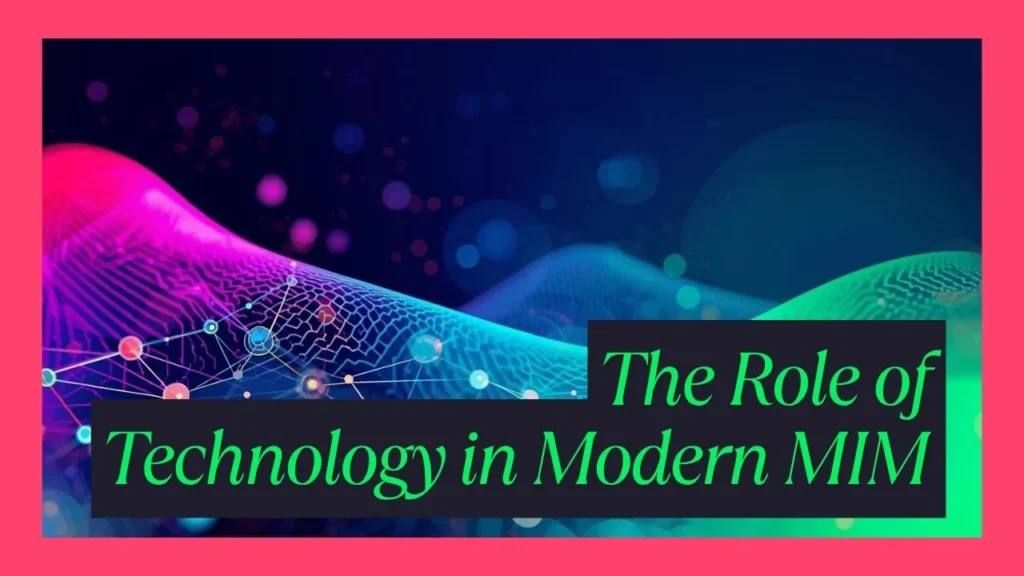
Marketing-Information Management and SEO: The Data Connection
Both marketing-information management and SEO rely heavily on data accuracy and strategic insights. In what a business does when they do technical seo (or even on page seo), it’s all about understanding how data drives visibility, ranking performance, and user experience. In what it is called marketing-information management (MIM), it’s all about understanding what marketing data tells you about what customers are doing, engaging with your organization, and getting converted
For instance local seo data can inform regional marketing campaigns. Off-page seo metrics can give insight into influential partners / backlinks. SEO audit data can be intermixed with marketing data in order to target better and communicate more effectively.
So when combined with MIM & SEO businesses get a 360 degree view of their digital performance which in turn will allow them to make better marketing decisions and see more measurable results.
Benefits of Marketing-Information Management
One of the long-term benefits of having a good marketing-information management system is the decision-making it provides to any business: better management of information, ensuring that all strategies are focused on the most current and accurate data. Better efficiency of works by eliminating duplication and manual errors, saving both time and money. Better understanding of the customers, which leads to better engagement and loyalty of businesses.
MIM also provides a better ROI as you measure the effectiveness of your campaigns and adjust them accordingly. Also, with MIM you keep your data safe and comply with all regulations by ensuring that what you collect is strictly up-to-date. If you are offering Seo Services, then having a dependable MIM platform will ensure that every campaign is delivered with data that is actionable and not assumptions.
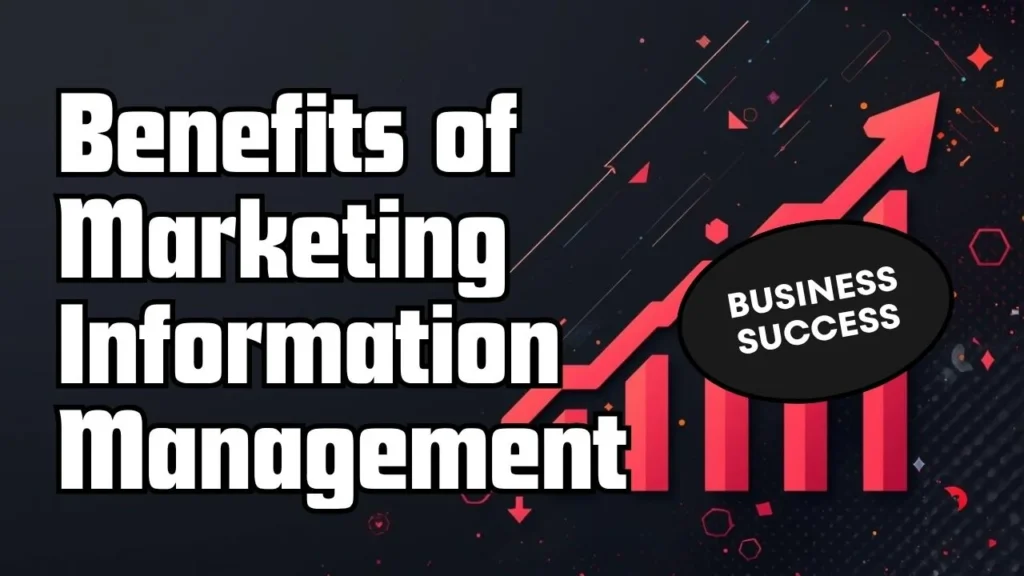
Challenges in Implementing MIM
Marketing-information management has many benefits but also draws some pitfalls. Some common difficulties are data overload, inattentive integrations among different information management systems and inability to assure the quality of data. Companies must spend on highly reliable technologies and qualified professionals to ensure smooth operations.
So you should do a regular seo audit to make sure the data is accurate, and use automation tools to make the updates consistently. I think the main thing is you should have a strong database, that way you can execute better marketing.
Future of Marketing-Information Management
The future of marketing-information management is very closely tied to artificial intelligence, machine learning, and predictive analytics, which will allow marketers to anticipate trends, automate analysis, and personalize campaigns faster than ever before.
Just as SEO has evolved over time with the development of on page SEO, off page SEO and technical SEO trends, MIM too will continue to evolve into a more intelligent and automated platform that drives real time marketing performance.
Conclusion
And what is marketing-information management? Well, it’s not simply collecting data; it’s strategic management of information to ensure every aspect of your marketing efforts are data-driven and measurable. In 2025 and beyond, businesses that combine strong SEO Services with efficient marketing-information management systems will be leading their markets with precision, trust and insight.
And the more you use tools like seo audit, local seo, off page seo, on page seo and technical seo, the more brands can turn their marketing data into an engine of growth.. Shortly, marketing-information management isn’t just a system; it’s the future of intelligent marketing.
FAQs About What is Marketing-Information Management
1. What is marketing-information management?
Marketing-information management is the collection, storage, analysis, and distribution of marketing data to inform better business decisions and improve marketing strategies.
2. Why is marketing-information management important?
It helps businesses understand customers better, track their performance and make data-driven decisions that improve marketing ROI and overall business growth.
3. What are the main components of marketing-information management?
Most of the components are internal data, marketing intelligence, market research and marketing analytics.
4. How does marketing-information management support SEO?
It enables us to provide you with insights for Seo Services, seo audit, on page SEO, off page SEO and technical SEO allowing marketers to create better & targeted campaigns.
5. What tools are used in marketing-information management?
Common tools include CRM systems, analytics software, data visualization software and automation tools for organizing and visualizing marketing data.



